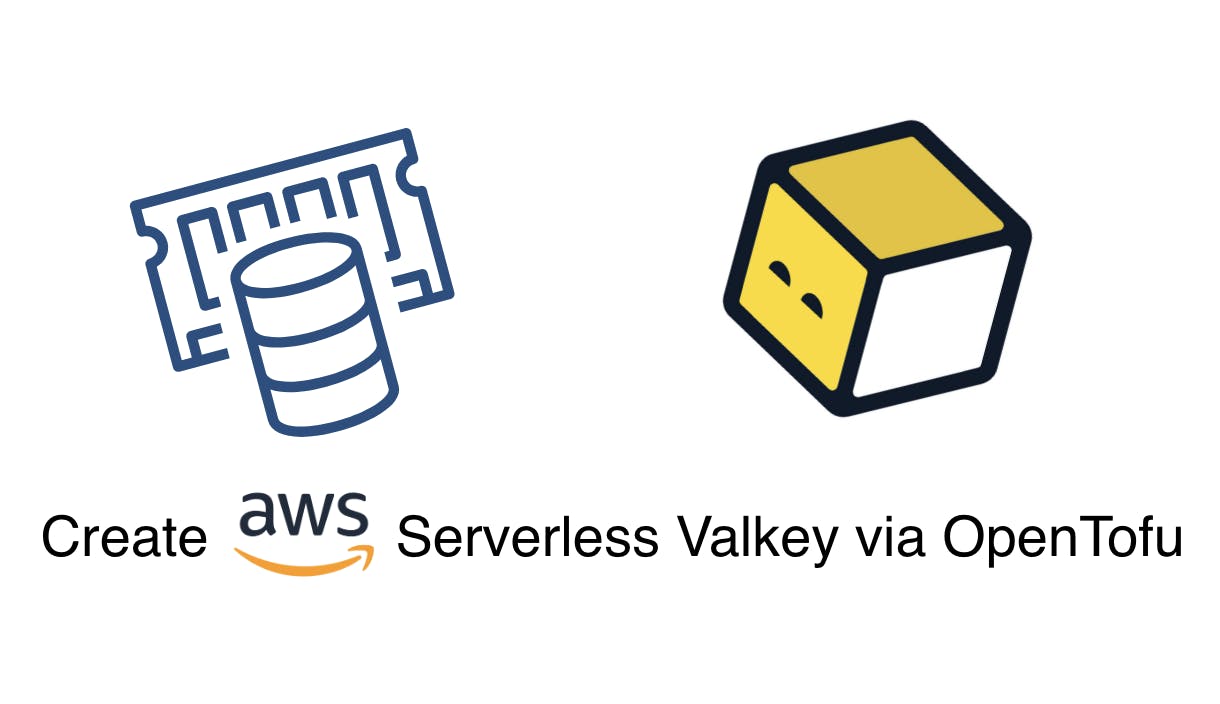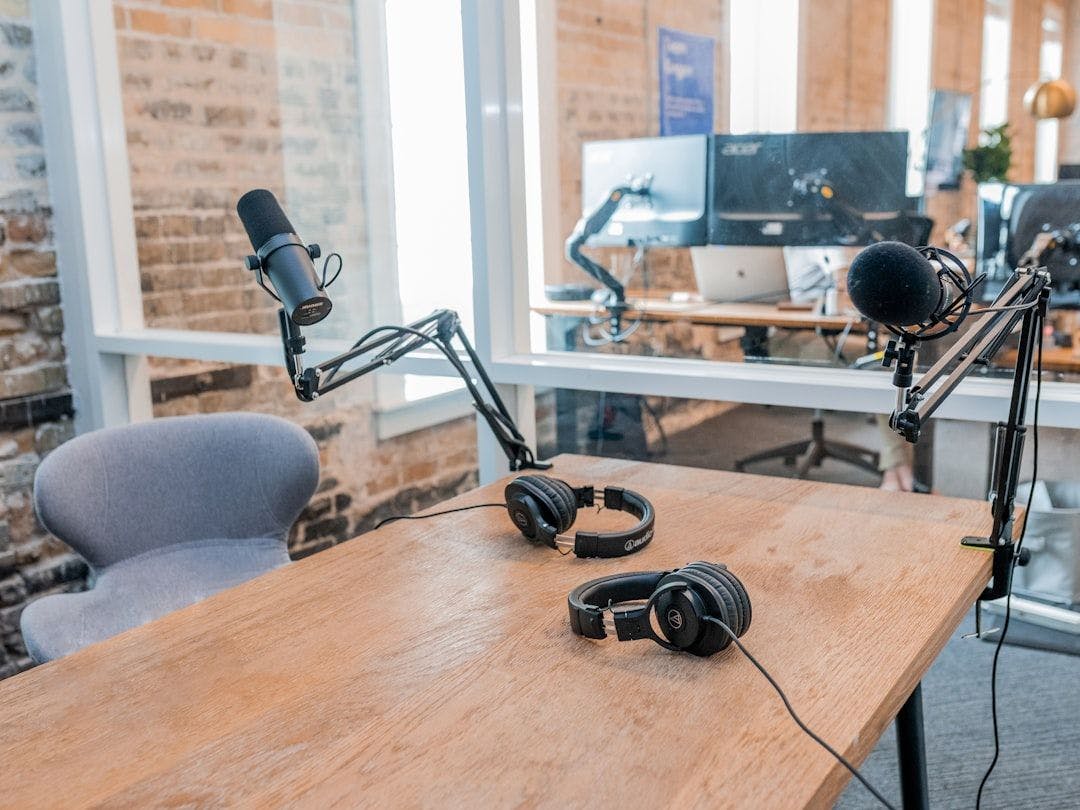With a mix of hand-wringing and can-do enthusiasm, Seattle City Council members this afternoon unanimously passed a tax overhaul that would eliminate business taxes for thousands of small companies while significantly raising rates on the city’s biggest revenue generators, including Amazon.
The measure now goes to voters to decide its fate.
The Seattle Shield Initiative would nix the city’s business and occupation (B&O) tax for companies earning up to $2 million annually, while boosting rates on receipts above that threshold. City officials project the restructured tax would generate an additional $80 million per year, with funds designated for human services programs such as support for food insecurity, services for immigrants, drug abuse funding and other programming.
Seattle Mayor Bruce Harrell and City Councilmember Alexis Mercedes Rinck proposed the legislation on June 25, and needed its approval by today so that it could be included on the Nov. 4 ballot.
The measure was originally intended to help plug a $250 million projected budget shortfall for Seattle and to aid in backfilling federal funding that’s being cut by the Trump administration. On Monday, councilmembers received a more favorable forecast, learning that the two-year budget deficit is expected to be $150 million.
Seattle has struggled for years to find politically viable funding solutions for city services, affordable housing, and downtown recovery efforts following the COVID pandemic. In November, the council narrowly rejected a 2% capital gains tax on stock and bond sale profits exceeding $262,000 as a partial solution to the revenue challenges.

Jon Scholes, president and CEO of the Downtown Seattle Association, previously called the B&O tax overhaul “a boneheaded proposal of epic proportions” that would put “big risks to the fragile commercial tax base.”
GeekWire reached out to Amazon for comment on the proposal.
City staff earlier noted that the legislation would shrink the B&O tax base from 21,000 taxpayers to just 5,000, potentially creating less predictable revenue collections.
Among those sharing reservations on the measure — while still voting in favor of it — was City Council President Sara Nelson.
“This was a rushed process,” Nelson said. “We are talking about completely restructuring the way we charge B&O taxes, which makes up about a third of our general fund revenue, and could have pretty profound impacts on our economy and — most importantly — jobs.”
The council rejected tax exemptions targeting the maritime industry, while adding B&O breaks for Fred Hutchinson Cancer Center and Seattle Children’s.
Rinck framed the bill as smart, progressive policy for safeguarding city services and expressed optimism that voters would agree.
“Once the voters provide us with this tool, we can ensure that critical city services are maintained despite the challenges … our budget or the Trump administration presents,” she said. “We will also be giving Seattle voters a choice on shielding our small businesses — the heartbeat of our neighborhoods — from economic uncertainty.”
Key details
Under the Seattle Shield Initiative:
- The B&O tax threshold exemption increases from $100,000 to $2 million in gross revenue.
- Businesses that exceed that threshold would not pay tax on the first $2 million.
- An estimated 76% of small- and medium-sized businesses would no longer pay the tax.
- About 90% of all businesses would pay less than they do currently.
- Retail, wholesale and manufacturing businesses above the $2 million exemption would pay 34 cents per $100, up from 22 cents.
- Service companies would see a jump from 43 cents per $100 up to 65 cents.
RELATED:
- Seattle leaders scrutinize $90M tax plan: Relief for small businesses, higher bills for big tech
- Bold or boneheaded? Seattle’s proposed tax hike on big business draws fire as Amazon stays silent
- Seattle mayor proposes B&O tax hike for large corporations, cuts for small businesses










